
The Education Africa Watch also wants the committee to cause the West Africa Examination Council (WAEC) to change the said examiners on account of the public disclosure of their identities and its likely impact on their independence and impartiality as well as circumstances leading to the leakage of Mathematics, Social Studies, and Chemistry practical papers.
The Africa Education Watch in a statement expressed worry that publicly disclosing the identities and contacts of examiners can amount to compromising the integrity of assessments by opening up examiners to influences from the public.
It said per the standards of WAEC, and at the international level, there exists a non-disclosure responsibility on WAEC in respect of the identities of their examiners and “by breaching this duty, WAEC has brought the integrity of this year’s WASSCE into question.”
Meanwhile, WAEC has admitted to the leaking of the confidential information on examiners and said it is disturbed by the situation.
The said document contains the names, schools, subjects, telephone numbers, home and email addresses, and other details of the examiners.
Read the full Africa Education Watch statement below:
The Chairman,
Parliamentary Select Committee on Education,
Parliament House.
Accra.
Dear Honourable Chairman,
WIDESPREAD LEAKAGE OF WASSCE EXAMINATION PAPERS AND IDENTITY CONTACT DETAILS OF WASSCE EXAMINERS
1. We have intercepted a copy of an excel spreadsheet purported to have emanated from the West African Examinations Council (WAEC). The said document, which is circulating on certain social media platforms, contains a list of examiners of the West Africa Senior Secondary Certificate Examinations (WASSCE), including their schools, subject areas, telephone numbers, and email addresses. WAEC has since confirmed this leakage.
2. We have also received countless complaints from some schools, and sighted several copies of answered examination papers on social media platforms, prior to the Social Studies, Core Mathematics and Chemistry Practical examinations among others. All these questions appeared in the exams. WAEC admits occasional leakages in their strong room, which eventually serves the exam-leakage value chain with raw materials.
3. We are worried that publicly disclosing the identities and contacts of examiners can amount to compromising the integrity of assessments by opening up examiners to influences from the public. Per the standards of WAEC, and at the international level, there exists a non-disclosure responsibility on WAEC in respect of the identities of their examiners. By breaching this duty, WAEC has brought the integrity of this year’s WASSCE into question.
4. Over the years, WAEC has operated under no regulator. They have always investigated and cleared themselves of any wrongdoing, and continue to be a judge in their own court, a practice, with your indulgence, we are determined to end. Presently, WAEC sets their own standards, appraise themselves and provide their own quality assurance within the monopoly they have been enjoying in the public basic and secondary assessments sector. This is against international best practices in assessments which require examining bodies to have regulators responsible for accreditation, setting standards, ensuring compliance, and quality assurance. Such a body should have an office of public complaints where allegations of examinations malpractices shall be lodged, investigated with the necessary sanctions applied, if necessary.
On account of the foregoing, we respectfully request this Honourable Committee to:
a. Probe the circumstances leading to the leakage of Mathematics, Social Studies, and Chemistry Practical papers.
b. The circumstances leading to the leakage of confidential identity contacts of examiners scheduled to mark this year’s WASSCE papers.
c. Cause WAEC to change the said examiners on account of the public disclosure of their identities and its likely impact on their independence and impartiality.
d. Champion reforms in the Education Assessments Ecosystem by initiating moves, with the indulgence of the Ministry of Education, to set up an Independent Regulator of Assessments in Ghana, whose function shall include the regulation, licensing, setting and enforcement of standards for all assessment bodies in Ghana.
We have attached copies (in soft) of pieces of evidence on the aforementioned issues for your perusal, as we reiterate our availability to collaborate with this honourable Committee to champion the much-needed reforms in the Ghanaian assessments sector and restore, if not improve, the integrity of examinations and assessments in the pre-tertiary education space.
Respectfully submitted,
Signature
Kofi Asare
Executive Director
Cc:
The Vice Chair, Parliamentary Select Committee on Education
The Ranking Member, Parliamentary Select Committee on Education
The Honourable Minister of Education
The Head, Ghana National Office, WAEC Read Full Story



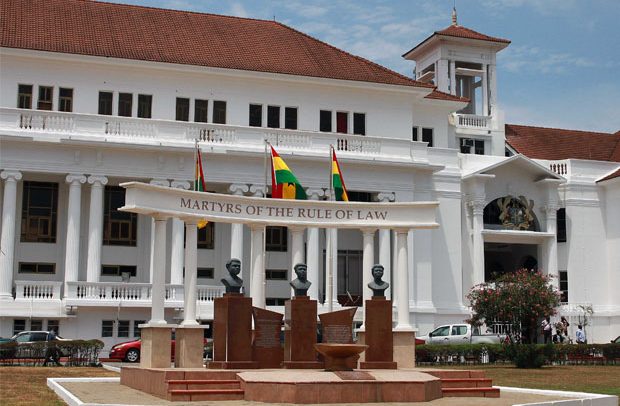





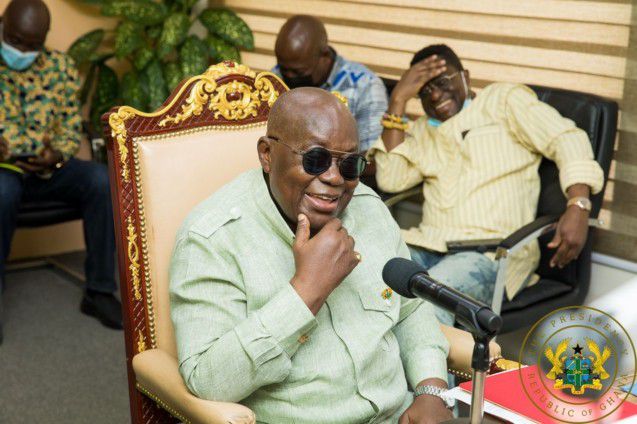
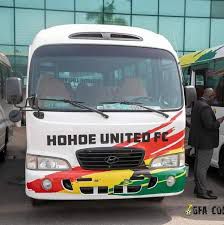
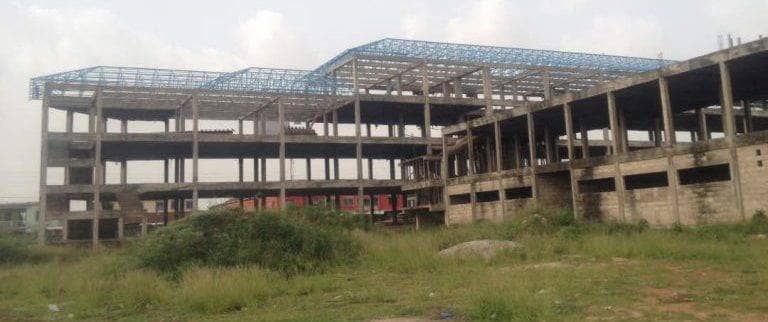

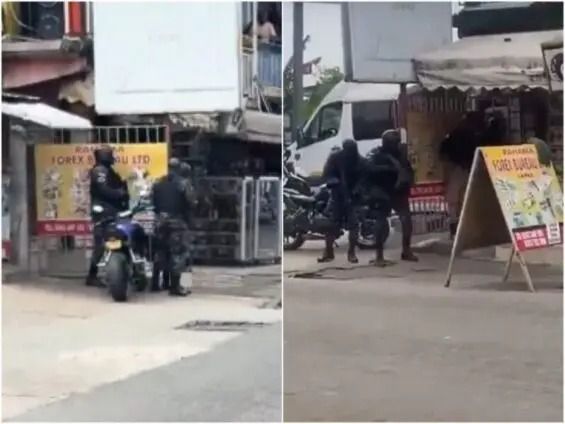
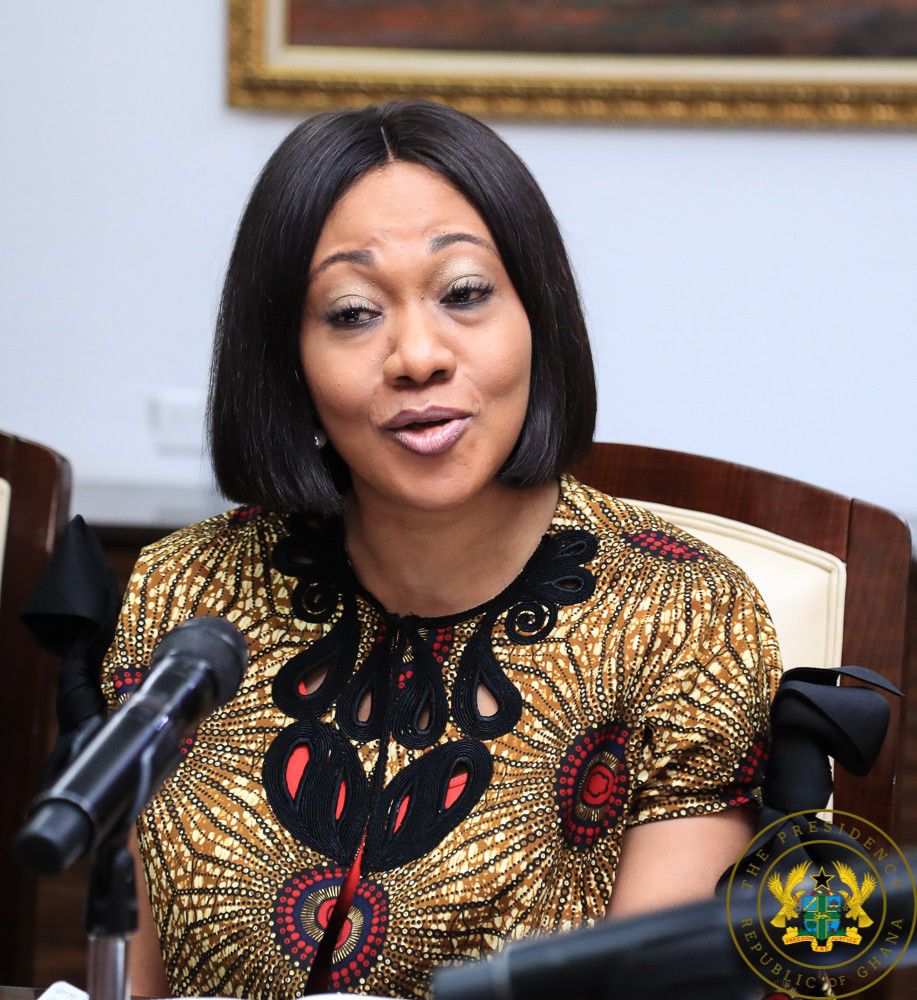
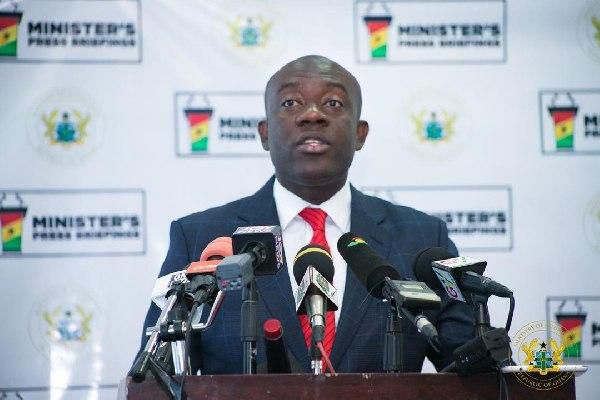




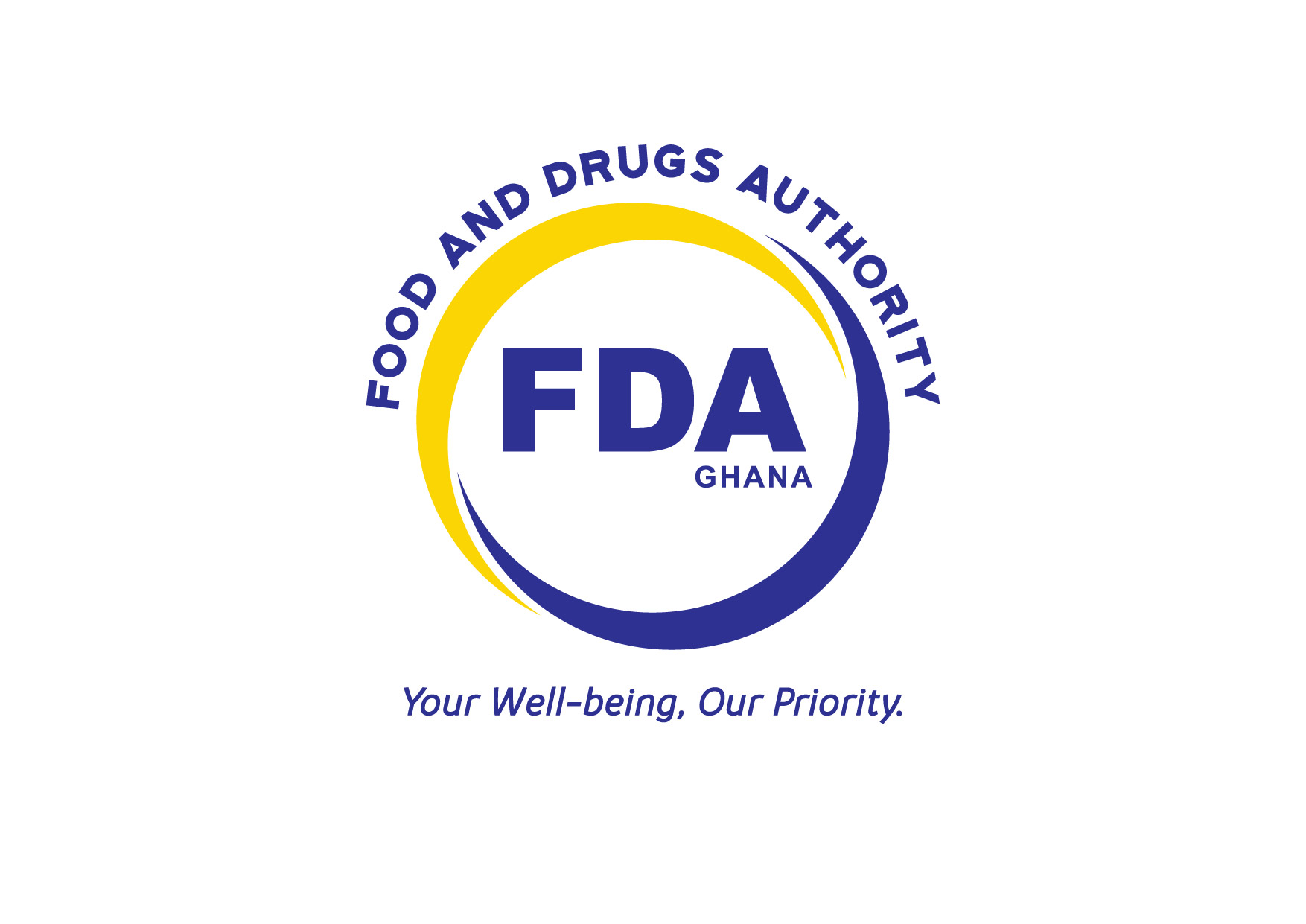

Facebook
Twitter
Pinterest
Instagram
Google+
YouTube
LinkedIn
RSS